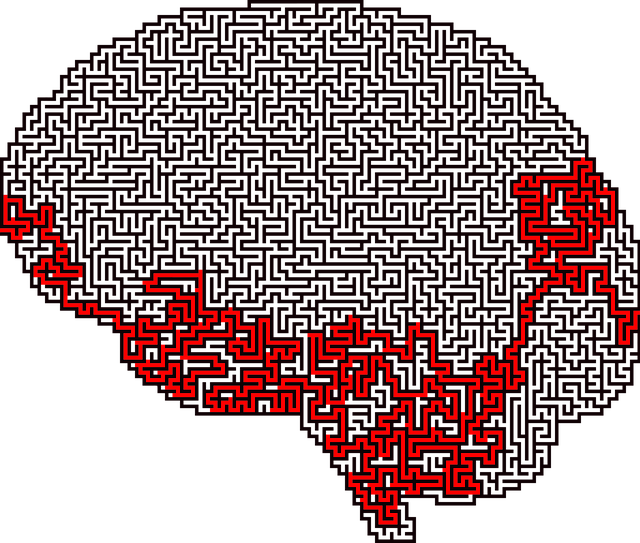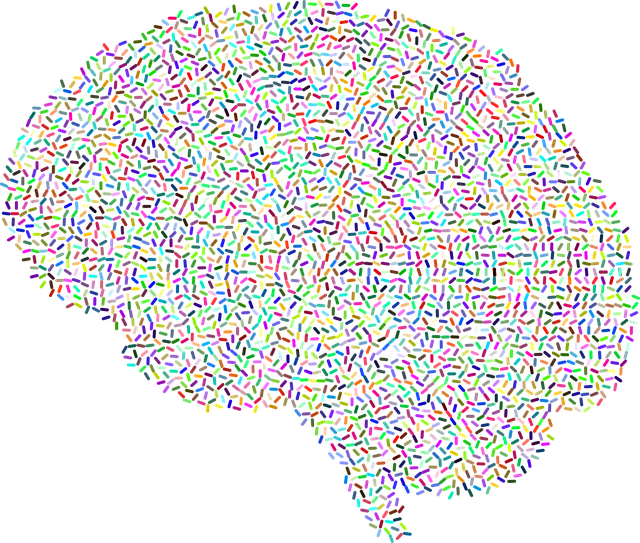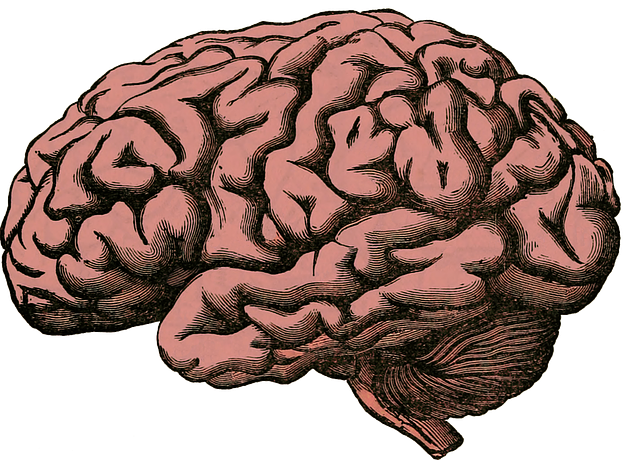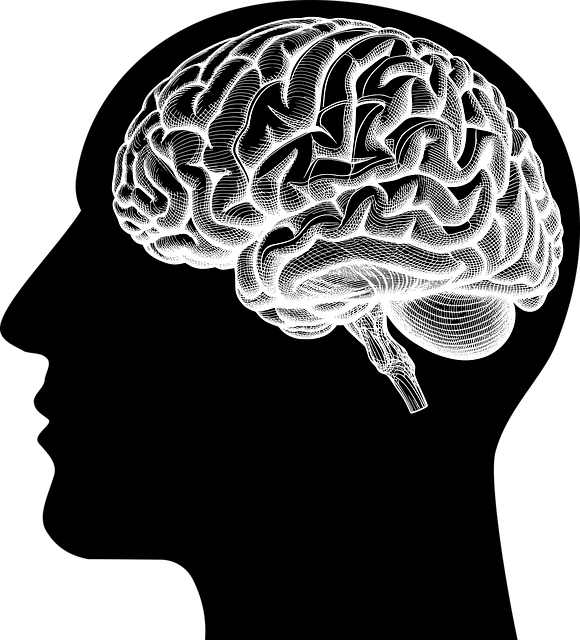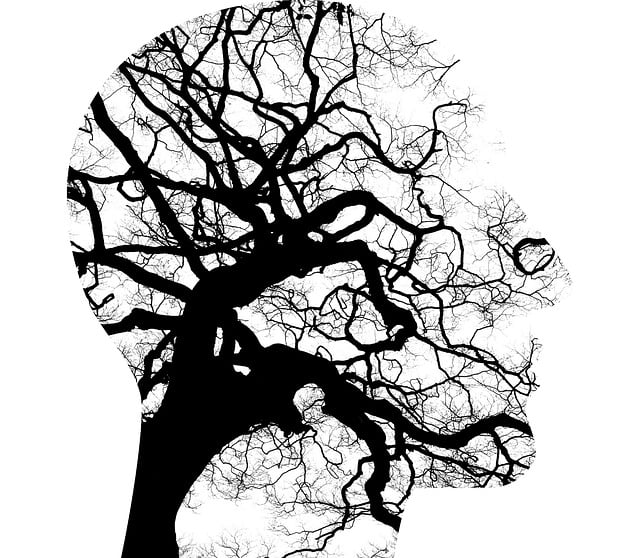In mental healthcare, especially for treating Golden Neuro Disorders, cultural sensitivity is crucial. Recognizing and adapting to diverse cultural expressions of mental health creates an inclusive environment. This involves respecting unique communication styles, health beliefs, and coping mechanisms. By incorporating cultural sensitivity into Mental Wellness Coaching Programs, professionals reduce stigma, improve patient satisfaction, and enhance therapeutic outcomes. Community outreach programs and public awareness campaigns bridge cultural gaps, fostering trust and encouraging early intervention. The "Golden Rules for Culturally Sensitive Practice" guide therapists to actively listen, understand cultural contexts, and tailor treatments to align with personal beliefs, improving communication and therapy outcomes for diverse populations.
In the diverse landscape of mental healthcare, cultural sensitivity is a cornerstone of effective treatment. Understanding the intricate interplay between cultural background and neurological disorders is paramount for professionals aiming to deliver compassionate, quality care. This article explores key concepts, delving into the impact of culture on neurodisorders and offering practical strategies, or ‘Golden Rules,’ for culturally sensitive therapy practices. Additionally, we provide cross-cultural communication techniques essential for successful golden neuro disorders therapy.
- Understanding Cultural Sensitivity in Mental Healthcare
- The Impact of Cultural Background on Neurological Disorders
- Golden Rules for Culturally Sensitive Therapy Practices
- Strategies to Enhance Cross-Cultural Communication in Therapy
Understanding Cultural Sensitivity in Mental Healthcare

Understanding Cultural Sensitivity in Mental Healthcare involves recognizing that individuals from diverse cultural backgrounds experience and express mental health challenges uniquely. This includes variations in communication styles, beliefs about health and illness, and preferred coping mechanisms. In the context of Golden Neuro Disorders Therapy, culturally sensitive practices ensure that therapies are adapted to respect and incorporate these differences, fostering a more inclusive and effective treatment environment.
Mental Wellness Coaching Programs Development often incorporates cultural sensitivity as a core component to address the Mental Illness Stigma Reduction Efforts. By understanding cultural nuances, mental health professionals can avoid unconscious biases that may hinder progress in therapy. This approach not only enhances patient satisfaction but also improves therapeutic outcomes, ensuring that care aligns with the individual’s values and beliefs.
The Impact of Cultural Background on Neurological Disorders

Cultural background plays a profound role in shaping the experience and manifestation of neurological disorders. What may present as a symptom in one cultural context could be interpreted differently in another, impacting diagnosis and treatment approaches. For instance, cultural beliefs around mental health can influence help-seeking behaviors, with some communities favoring traditional healing practices over Western medicine. Understanding these variations is crucial for mental healthcare providers aiming to offer effective Golden Neuro Disorders Therapy.
Community outreach programs and public awareness campaigns focused on emotional well-being promotion techniques are essential tools in bridging this cultural gap. By engaging with diverse communities through such initiatives, healthcare professionals can foster trust, dispel myths, and encourage early intervention. This approach not only improves access to services but also ensures that treatments are culturally sensitive and tailored to meet the unique needs of each individual.
Golden Rules for Culturally Sensitive Therapy Practices

In the realm of mental healthcare, cultural sensitivity is paramount to creating a safe and effective therapeutic environment for individuals from diverse backgrounds. Adhering to the Golden Rules for Culturally Sensitive Therapy Practices can serve as a compass for professionals aiming to provide Gold Standard Neuro Disorders Therapy that respects and embraces individual cultural identities. The first rule emphasizes active listening, where therapists pay undivided attention to clients’ stories, ensuring that their experiences are fully comprehended within their cultural contexts. This foundational step fosters trust and encourages open communication, crucial elements in the therapeutic journey.
Additionally, recognizing and valuing cultural differences in expression of emotions, understanding non-verbal cues, and tailoring treatment approaches to align with a client’s cultural beliefs and values, as part of Inner Strength Development, are integral aspects of Cultural Sensitivity in Mental Healthcare Practice. Incorporating these principles into the mental wellness journey can significantly enhance the effectiveness of therapy, transforming mental healthcare into a more inclusive and transformative experience for all. This approach is further reinforced through the production of a Mental Wellness Podcast Series that explores these topics, providing valuable insights to both professionals and individuals seeking culturally sensitive support.
Strategies to Enhance Cross-Cultural Communication in Therapy

In the realm of mental healthcare, cultural sensitivity is paramount to ensuring effective treatment and fostering trust between therapists and clients from diverse backgrounds. To enhance cross-cultural communication in therapy, therapists should prioritize emotional intelligence as a cornerstone. This involves actively listening for nuances in language and non-verbal cues, showing genuine empathy, and demonstrating respect for different cultural perspectives and values. By integrating emotional healing processes that resonate with the client’s cultural framework, therapists create a safe space for open dialogue and facilitate emotional regulation.
For instance, incorporating culturally relevant therapeutic techniques, such as mindfulness practices or storytelling, can help bridge the gap between therapist and client. Additionally, educating oneself about the client’s cultural heritage, including its beliefs, customs, and taboos, enables therapists to avoid unintentional misunderstandings and better tailor their approach. These strategies not only improve communication but also enhance the overall efficacy of Golden Neuro Disorders Therapy, ultimately leading to more positive outcomes for diverse populations.
Cultural sensitivity is a cornerstone of effective mental healthcare, especially when addressing the needs of individuals from diverse backgrounds. By recognizing and respecting cultural differences, therapists can provide more personalized and inclusive care for golden neuro disorders therapy. Integrating culturally sensitive practices not only improves patient outcomes but also fosters a deeper understanding between caregiver and client, ensuring that everyone receives support tailored to their unique needs and beliefs.


